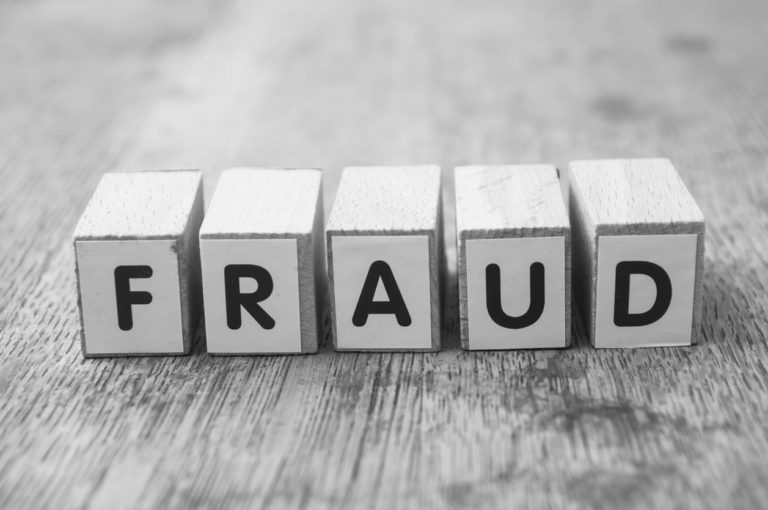By Peter Torley, Lead Private Detective
I happened to be on a train out of Euston recently when the lady opposite me rose and disembarked at her station. Inadvertently, though, she had left one of those glossy celebrity magazines behind her on the seat. And while I’m certainly not the target audience for this type of leisure reading, I did pick it up as we hurtled along through the, wintry, overcast English countryside. Hello, I thought, here’s something to flick through and brighten things up; let’s see how the other half lives.
And yes, it was full of the type of features you’d expect: celebrity gossip and fashion, celebrity mansions, celebrity kids’ names, the latest trends in celebrity kitchens – you name it. As well, of course, as the usual sprinkling of Celebrity Cheating.
That last one caught my attention of course. And while it was about a certain actress I hadn’t heard of, the sad photograph that went with the article brought home to me again the fact that behind all the glitz and glamour, behind all the money and expensive trappings, everybody gets hurt when a partner cheats.

A common issue
At PDL, of course, we’ve had to conduct our fair share of investigations into possible cheating by these affluent members of our society – the ‘jetsetters’ of this world. It means we often have to operate across several international borders.
But the majority of our matrimonial investigations are UK-based. From our office in London, we can work anywhere across Britain – north, south, east or west. And while you might think that cheating on a loved one might be a lot less rife among what we’ll call ‘ordinary people’, the hard facts might surprise you. Because it really doesn’t matter who you are – an A-lister on the red carpet, or a homemaker in Halifax – marital cheating is actually more common than most people might think.
Statistically speaking
I remember an article in The Standard just a little while ago which reported on some statistics from 2023.
The article stated: “According to website The Truth About Deception, 67 per cent of men and 53 per cent of women had cheated at least once that year”
There was an even bigger bombshell to come, though:
“Recently, London was found to be UK’s epicentre for affairs. One survey revealed that 168,322 of London’s eight million residents admitted they were currently having affairs.”
See – you learn something new every day!
But, I wondered, are all those figures entirely exact? Probably not. The statistics were engendered ‘from the postal addresses of the membership at IllicitEncounters.com, a dating website for married people looking to play away from home and the self-appointed “leading authority” on infidelity’. So we have to take them with a teeny pinch of salt of course.
But with a little more research, it’s possible to delve even further into some of the statistics being quoted on matrimonial affairs and cheating partners.
Top Ten
The same source goes on to cite the Top Ten London Boroughs for marital cheating as: Kensington and Chelsea; Hammersmith and Fulham; Islington; Bromley; Brent; Tower Hamlets; Camden; Merton; Wandsworth; and Ealing.
And one of the reasons for extramarital affairs booming in London is, they claim, because of spiralling house prices. Unhappy couples, they say, cannot always afford to split up and so they are continuing with the extramarital affair because they simply cannot afford to set up two homes in London.
All of the above is interesting in a small way – especially to those who want to create click-bait and gossipy headlines about marital infidelity.
But what we certainly must recognise – what goes without saying – is the heartbreak behind every individual case of cheating by a spouse or partner.
Devastating impact
For me, as a Private Investigator in London who frequently works on infidelity cases, I’ve regularly witnessed firsthand the devastating impact of betrayal on the partner who has been wronged. And I’ve seen how that sense of betrayal runs really deep and changes a person – sometimes for life.
When people come to us in PDL, concerned about a partner’s affair, and ask for their loved one to be investigated, we know very well the feelings and fears initially involved: Shock, Betrayal, Insecurity – an Emotional Roller-coaster in every sense.
But perhaps the greatest feeling of all, however, is the pain of just “not knowing for certain”.
Our clients are seeking clarity and concrete answers from us, and they understand that the investigation may uncover painful truths. Yet they’re willing to confront that reality – whatever it may be – rather than to continue living in uncertainty.
That takes courage and I have always recognised the weight of trust that these clients put in myself and the team at PDL. It’s a responsibility we don’t take lightly and we always approach each investigation with immense diligence and discretion.
Uncovering evidence
We talk through a client’s suspicions in the utmost confidentiality and then, with an agreed plan of action in place, uncover the actual evidence to give them the knowledge they need so that they can then move forward in the appropriate manner.
This aspect of the Investigative Services we offer at PDL is probably the most sensitive and heart-rending of all the work we do.
Of course we are not relationship counsellors or marriage guidance specialists. Our job, instead, is to discreetly gather evidence and to empower clients with the information they need – information that will give them the knowledge they need to help them make informed decisions about their future.
Beacon
Yet we cannot help but be affected by the stories we hear from our clients.
That’s why, when I see stories of infidelity scattered across glossy magazines, I always try to read past the headlines, to go beyond the tittle-tattle and see some of the betrayal and hurt that the injured party will have suffered.
It’s always there. And always will be.
But at PDL, our investigations certainly give the betrayed partner a welcome beacon of clarity. It lights the way forward for them and guides them on to the next step they should take… whatever that may be.
If you are you concerned about a Cheating Spouse or Unfaithful Partner, Contact Us Now. We’ll begin with a Free Consultation regarding your situation.
Simply complete our Contact Form. You will then be able to speak to one of our Specialist Matrimonial private detective who will listen carefully and advise on what steps we will take to examine your case.






